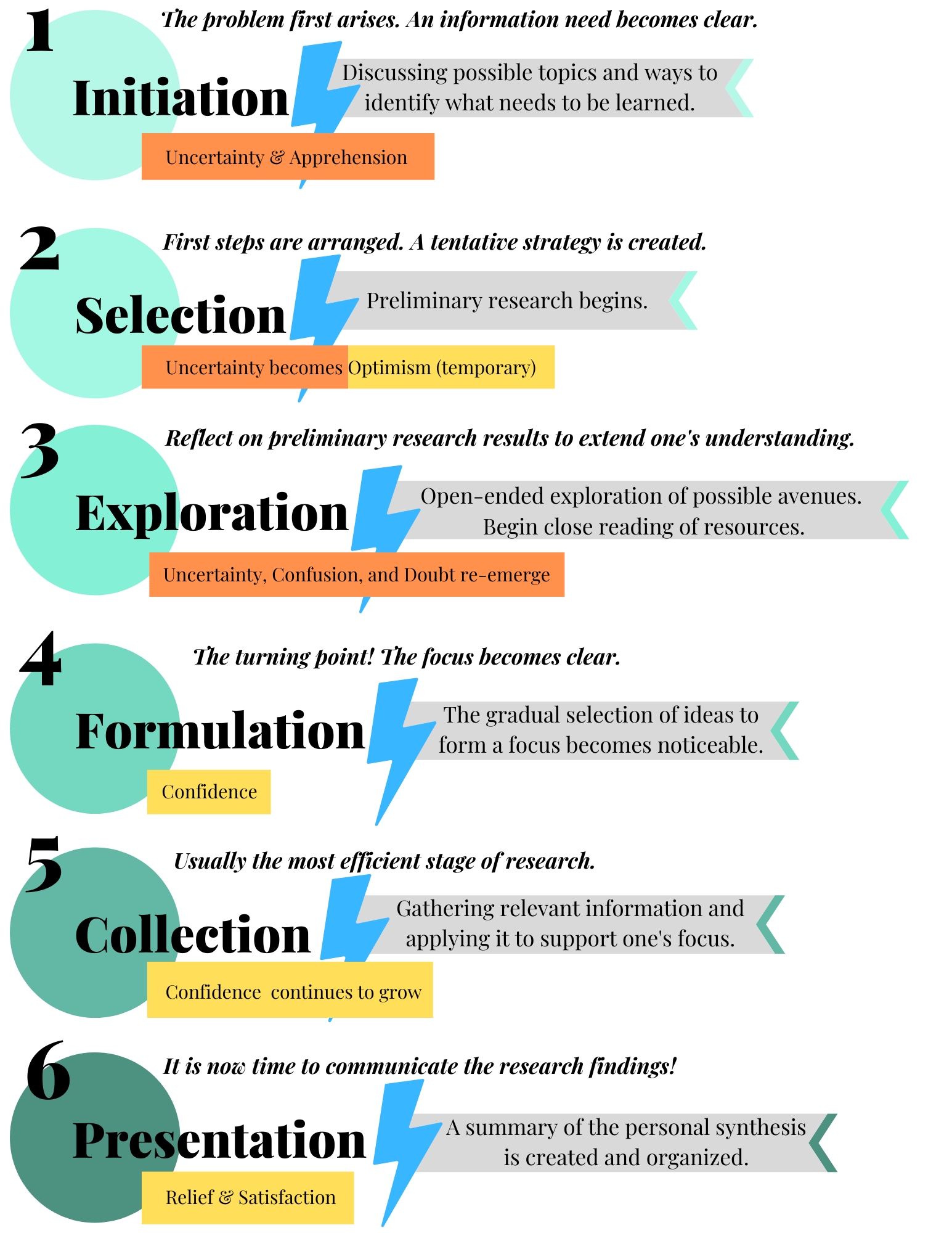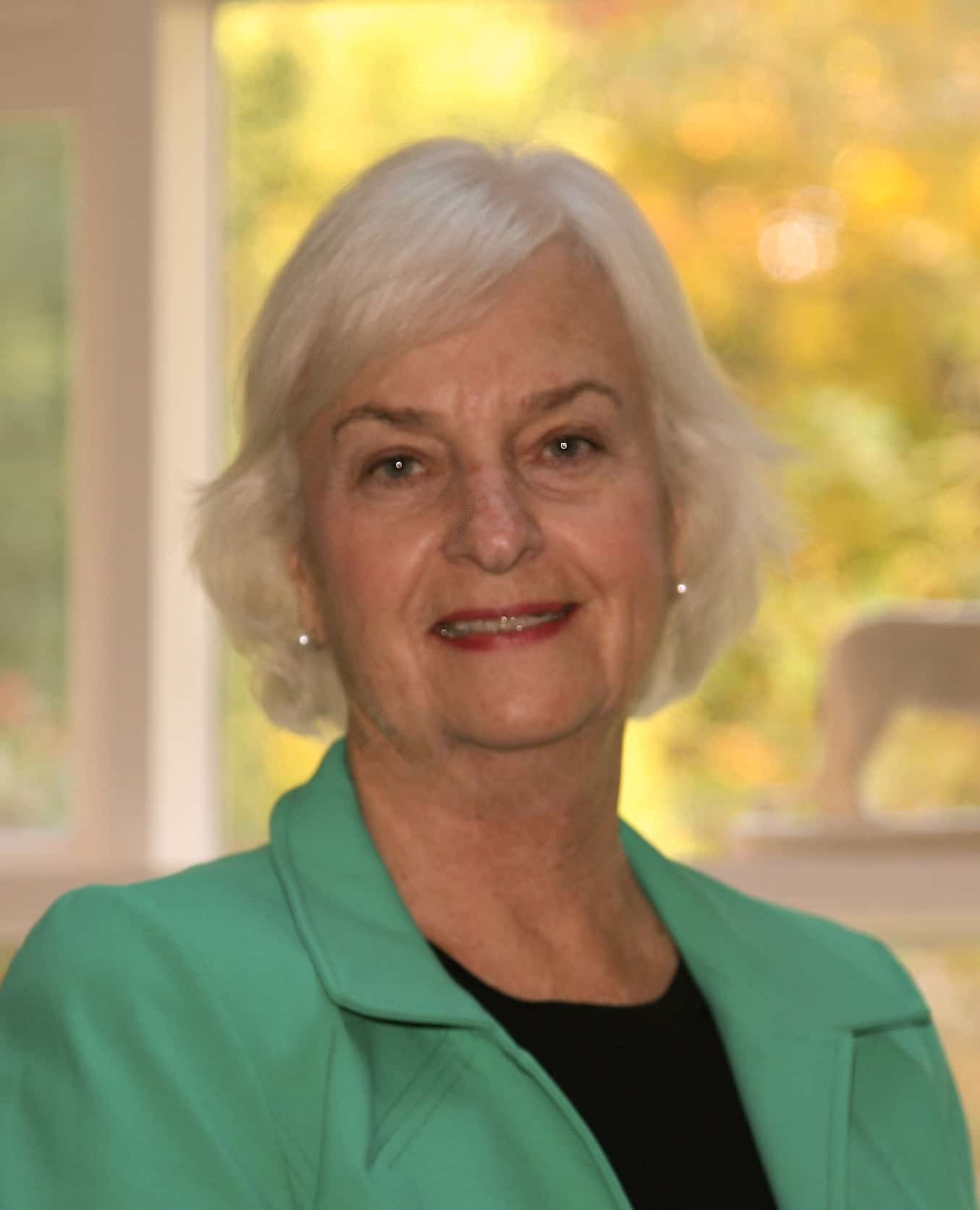When we engage in the process of learning something new, we are fundamentally changed by that endeavor and by the fruits of our labor. Like Joseph Campbell’s monomythic hero, at the end of our heroic journey, we return to the “ordinary world” with the world-saving remedy. Well, in our case, it is more accurate to say that we return to class with new-found knowledge, research skills, and a well-written essay, but the analogy still holds.
Having been charged with a quest for information, we set out to navigate the overwhelming information landscape, and doubts inevitably arise. Where do I begin? What exactly am I looking for? How do I evaluate my resources? What is the focus of my paper going to be? What information do I need to accomplish my goal? Which database should I use, and how do I use it? On the back of these and other worries, some would-be researchers refuse the call to adventure altogether, and as a reward to those that accept the research task – be it for school or as a part of day-to-day life – they are greeted by even more negative emotions, which emerge like the tests, minor dragons, and riddles that challenge the hero on his/her journey. The good news is that no one needs to go it alone. Every hero has a mentor.

In Campbell’s story-telling structure, “the mentor” is the “wise old man (who need not be old or a man) [who] opens the hero’s eyes (and often bestows a talisman).” ("hero's journey; hero's adventure") Enter Carol Kuhlthau, our metaphorical hermit in the woods and mentor. In 1991, Kuhlthau offered her research findings on the researcher’s perspective, and her work culminated in the creation of a new information search process (ISP) model. Whereas previous models looked at the stages in the research task as they relate to the precise skills and steps it takes to go about finding information and formulating a focus, Kuhlthau’s model also considered the role of thoughts, actions, and emotions in that process as well (Kuhlthau).
At first blush, this might seem a little strange. What do emotions have to do with anyone’s ability to find what they are looking for? But as anyone who has written a research paper for school or who has taken on a complex research task like doing their own genealogical work can attest, being asked to navigate the world of information to meet a specific need is indeed daunting and anxiety producing.
Anxiety is future-oriented fear, and sometimes the fear of how the project will end becomes too much to begin. For a student, that might mean putting off a paper or skipping class; for an adult, it could look like giving up on a project or missing the deadline for submitting important paperwork. However, in looking at Kuhlthau’s ISP model, we can see the 6 major steps we will take in any research project as well as their accompanying emotions. And as subsequent research suggests, even a general awareness of this model can be helpful in addressing the anxiety that surfaces at the start of the researcher’s journey (Kracker 291).
So without further ado, let’s take a look.
Kuhlthau’s ISP model consists of 6 stages. This does not mean that research has to occur in this exact order. In practice, one often goes back to a previous stage before continuing on, but in general, this is what Kuhlthau found:

The research journey is not a straight line from uncertainty and anxiety to optimism, confidence, and relief. It involves taking a number of branching paths that dead end before we double back to the right road and focus in on our topic. The factors that influence one’s actions, thoughts, and emotions are many, and everyone will research their topic a little bit differently. But in learning to expect those emotional hurdles, in discovering that these worries and fears are shared by almost every other researcher who has ever embarked on their own journey, we can become better at not only processing information and formulating our focus, but at processing our emotions as well. As Kuhlthau noted, “Uncertainty and anxiety are an integral part of the process,” so we should accept them and not discount the role they play in our ability to achieve our goals, research or otherwise (Kuhlthau 361).
Now that you know that the emotional resistance to beginning any research project is to be expected, check out the Better Searches, opens a new window series to learn tips and tricks to make you a better researcher. If you have any questions, be sure to reach out to a reference librarian, opens a new window! We are always happy to help.
Works Cited
"hero's journey; hero's adventure." A/V A to Z: An Encyclopedic Dictionary of Media, Entertainment and Other Audiovisual Terms, Richard W. Kroon, McFarland, 1st edition, 2014. Credo Reference, https://search.credoreference.com/content/entry/mcfav/hero_s_journey_hero_s_adventure/0?institutionId=7178. Accessed 26 Apr. 2022.
Kracker, Jacqueline. "Research Anxiety and Students' Perceptions of Research: An Experiment. Part I. Effect of Teaching Kuhlthau's ISP Model." Journal of the American Society for Information Science and Technology, vol. 53, no. 4, 2002, pp. 282-294.
Kuhlthau, Carol. "Inside the Search Process: Information Seeking from the User's Perspective." Journal of the American Society for Information Science, vol. 42, no. 5, 1991, pp. 361-371.



Add a comment to: Research Anxiety: A Hero’s Journey